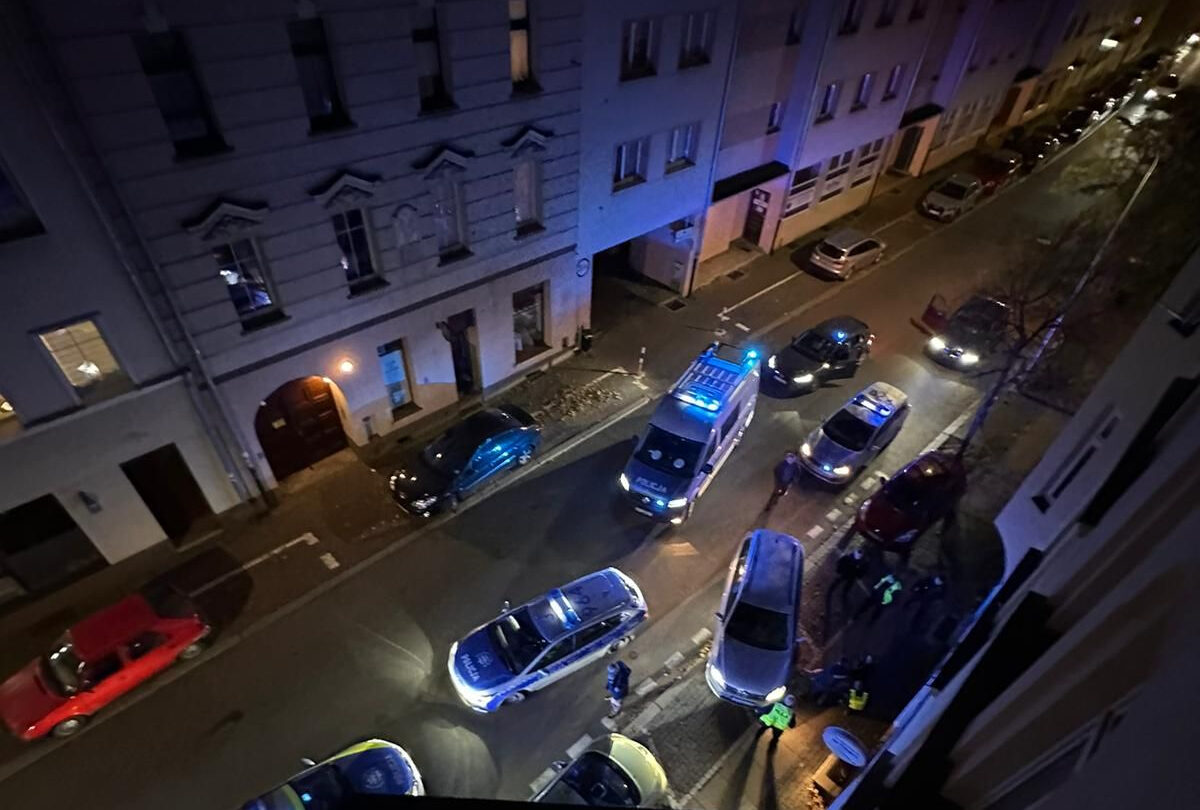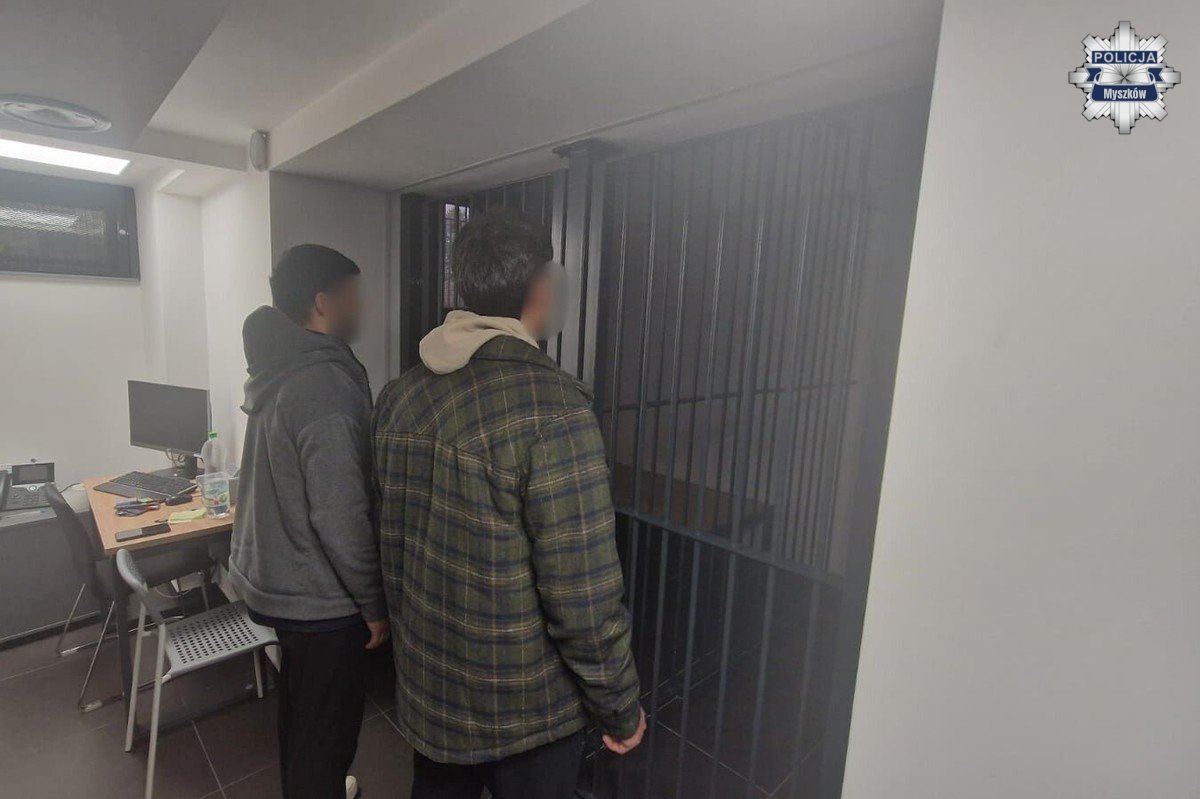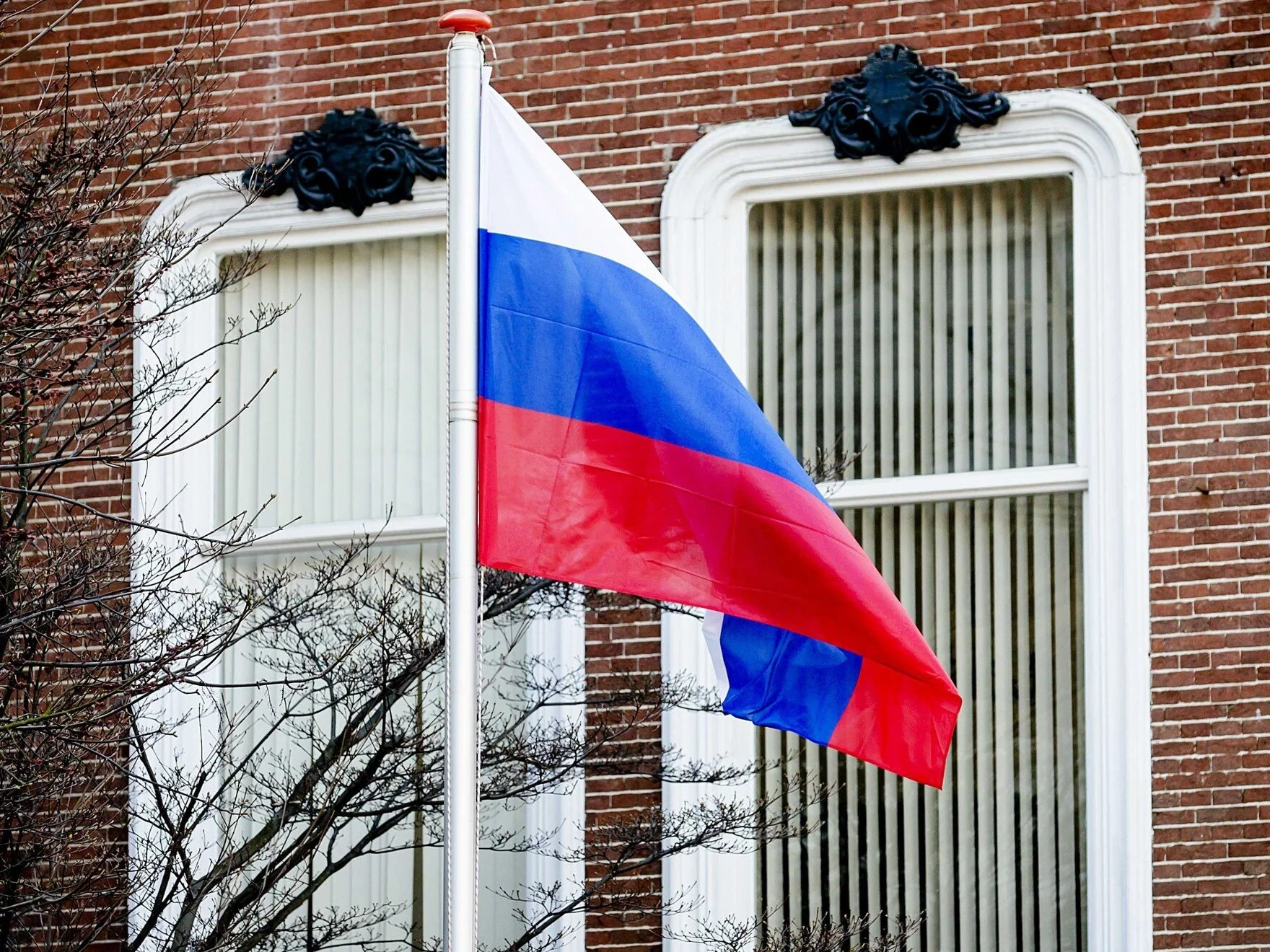
ATLANTA- Delta Air Lines (DL) is facing a growing wave of litigation after Flight 4819 crash-landed upside down at Toronto Pearson Airport on February 17, 2025.
The flight originated from Minneapolis-Saint Paul International Airport (MSP) and was operated by Delta’s regional subsidiary, Endeavor Air.
At least 16 lawsuits have already been filed in the US District Court in Minnesota by passengers, many of them Canadian, who claim to have suffered physical and mental injuries in the crash. Delta has denied full liability in a legal response, and more legal action may follow.
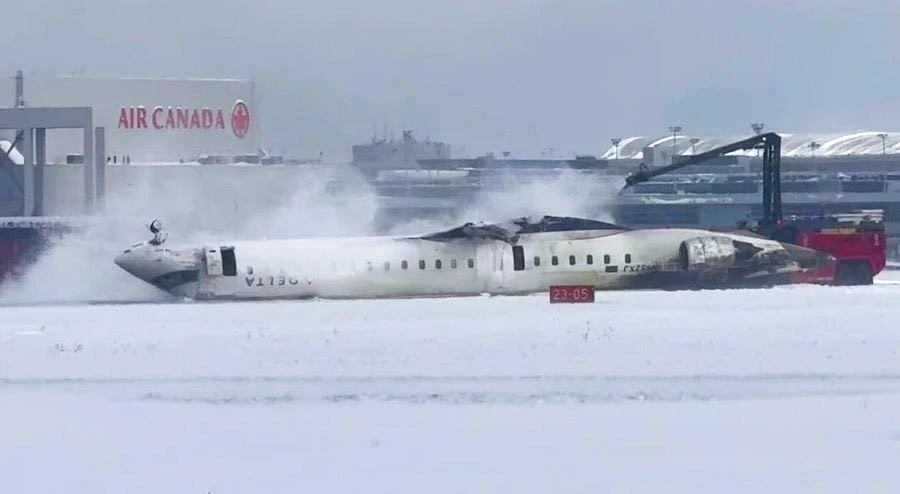 Photo: X user
Photo: X userDelta Faces 16 Lawsuits
In a filing reviewed by CBC News, Delta and Endeavor Air have pushed back against claims that they are solely responsible for the incident.
The lawsuit filings indicate the airline is attempting to consolidate the cases in federal court in Minnesota.
According to Delta’s attorney, Michael G. McQuillen, the total number of plaintiffs could exceed 70, including additional passengers from other US states.
Many of the lawsuits describe the incident as a result of “gross negligence and recklessness” on the part of the flight crew, citing inadequate training and oversight by both Delta and Endeavor.
Legal documents suggest the crew failed to maintain standard operating procedures during descent, which resulted in a violent impact.
The aircraft involved, a CRJ-900 manufactured by Bombardier, flipped upside down upon landing.
Visuals shared across social media showed thick smoke emerging from the fuselage and passengers suspended in their seats after the aircraft came to a halt on a snow-covered runway.
Of the 80 people on board, 21 were hospitalized. One of the lawsuits, filed on behalf of a Canadian woman and a minor referred to as “G.O.G.,” describes lasting bodily and mental trauma along with financial losses.
Multiple filings by the law firm Chestnut Cambronne echo similar claims.
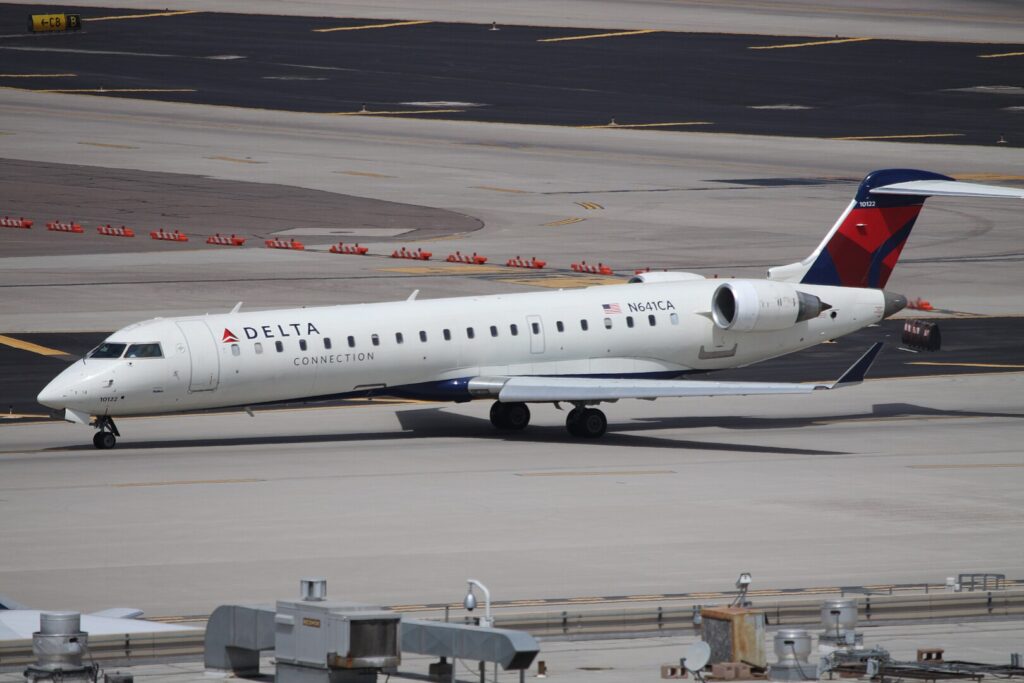 Photo: By aeroprints.com, CC BY-SA 3.0, https://commons.wikimedia.org/w/index.php?curid=32531564
Photo: By aeroprints.com, CC BY-SA 3.0, https://commons.wikimedia.org/w/index.php?curid=32531564Delta’s Response
Delta Air Lines (DL) has offered US$30,000 to each passenger as compensation, emphasizing that the payout is “no strings attached” and does not waive passengers’ rights to pursue legal action.
The airline has refrained from commenting on the lawsuits or the TSB’s preliminary findings, citing respect for the ongoing investigation.
Passenger Clayton Bouffard, a Canadian from Greater Sudbury, described the descent as feeling unusually fast, recounting persistent neck pain and sleep difficulties weeks after the crash.
He expressed gratitude for the survival of all on board, calling it “amazing.”
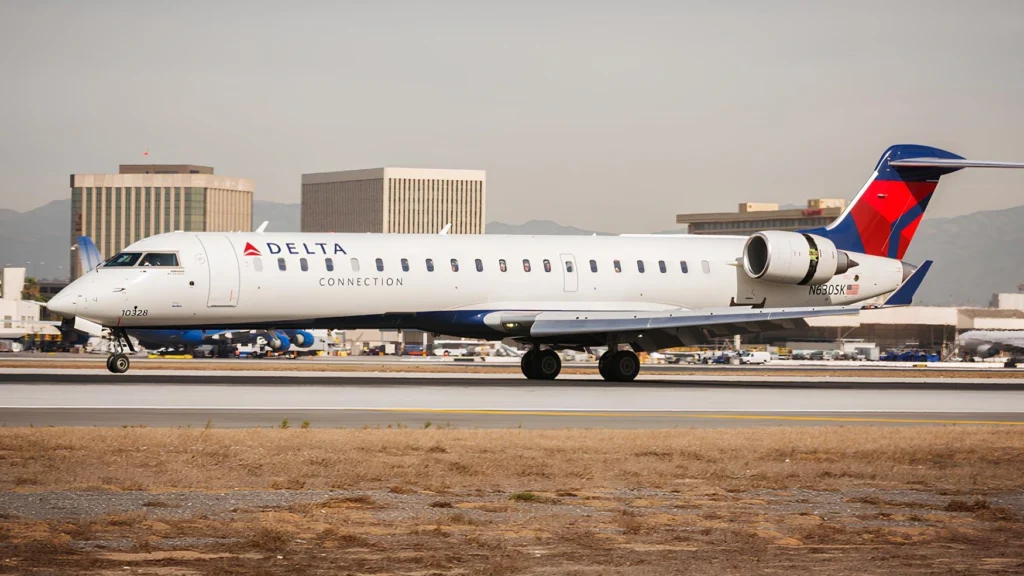 Photo: SkyWest Airlines
Photo: SkyWest AirlinesOngoing Investigation
Canada’s Transportation Safety Board (TSB) released preliminary findings in March. A warning alert had activated less than three seconds before touchdown, indicating a dangerously high rate of descent.
The pitch attitude of the aircraft was recorded at one degree, well below the recommended range of three to eight degrees stated in the flight operations manual.
“It is too early to draw conclusions as to the causes of this accident,” the TSB stated, affirming that a full report will be issued after the investigation concludes.
Delta has maintained that the fault may not lie solely with the airline or its crew.
Passengers continue to cope with the trauma. Clayton Bouffard, a Canadian passenger from Greater Sudbury, told CBC News that he still suffers from neck pain and insomnia weeks after the crash.
“I remember telling my wife that we seemed to be going fast,” he recalled. “It’s amazing we all survived.”
Stay tuned with us. Further, follow us on social media for the latest updates.
Join us on Telegram Group for the Latest Aviation Updates. Subsequently, follow us on Google News
Delta Pilot Reports Loud Bang Noise, Flight Makes Emergency Landing at New York JFK
The post Delta Faces 16 Lawsuits Over Toronto Plane Crash, Denies Full Responsibility appeared first on Aviation A2Z.


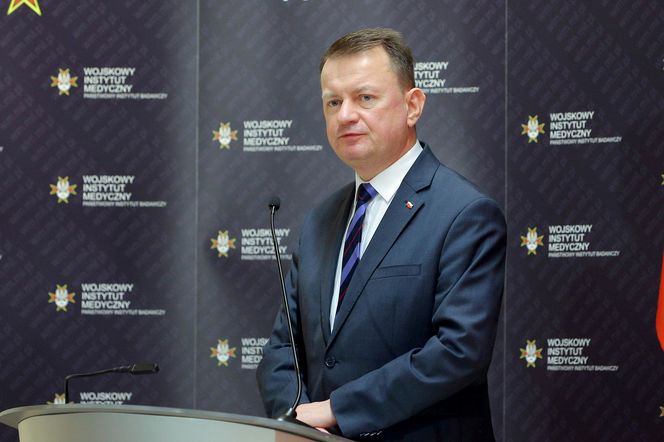





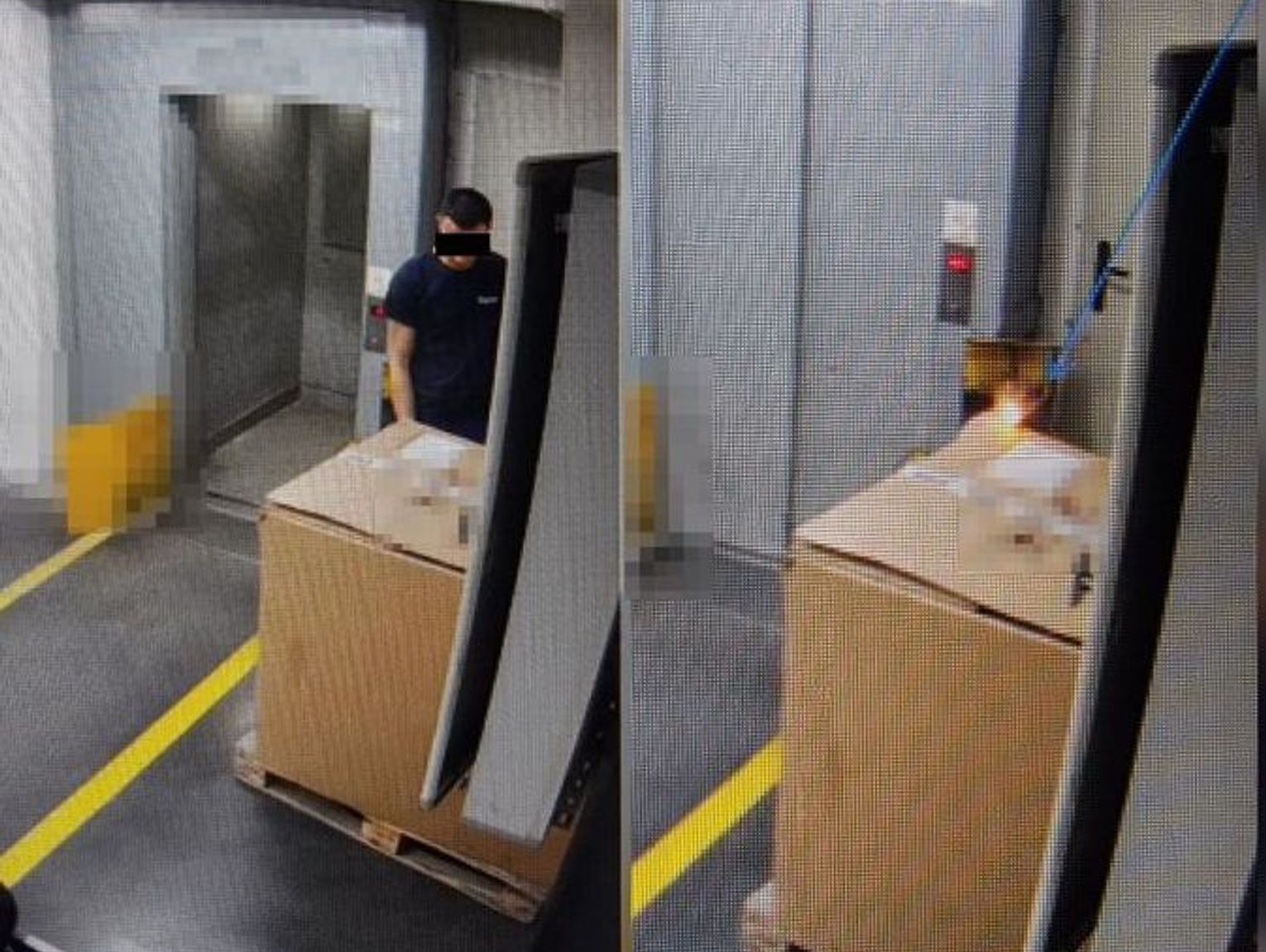
![SANOK: Realistyczny scenariusz i szybka reakcja. ALERT MCI – Operacja „Beksiński” [VIDEO, ZDJĘCIA]](https://esanok.pl/wp-content/uploads/wp-post-thumbnail/CIUkqI.jpg)
